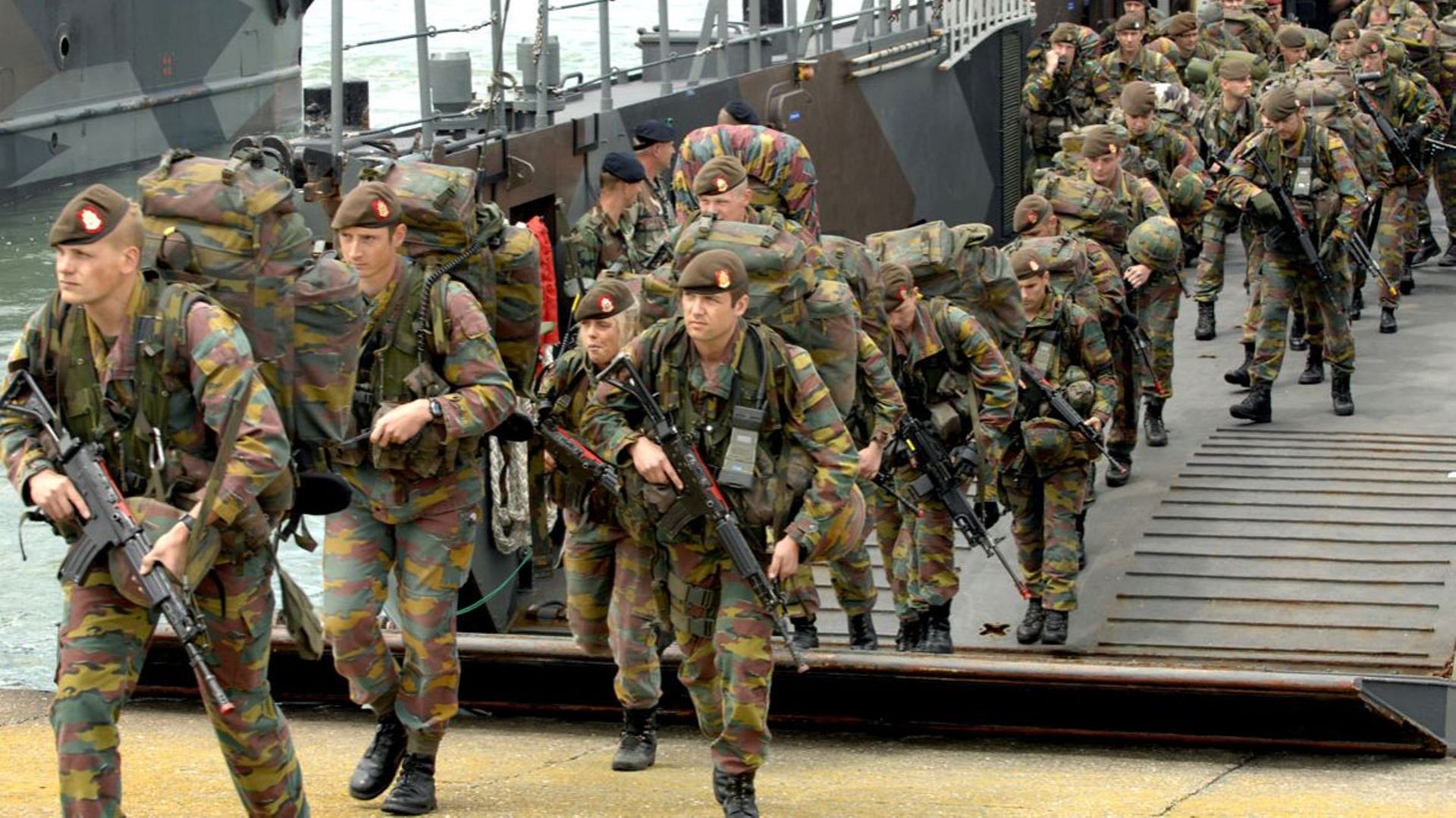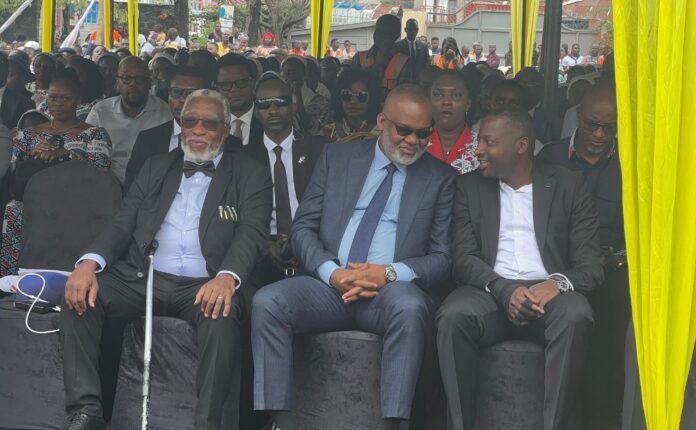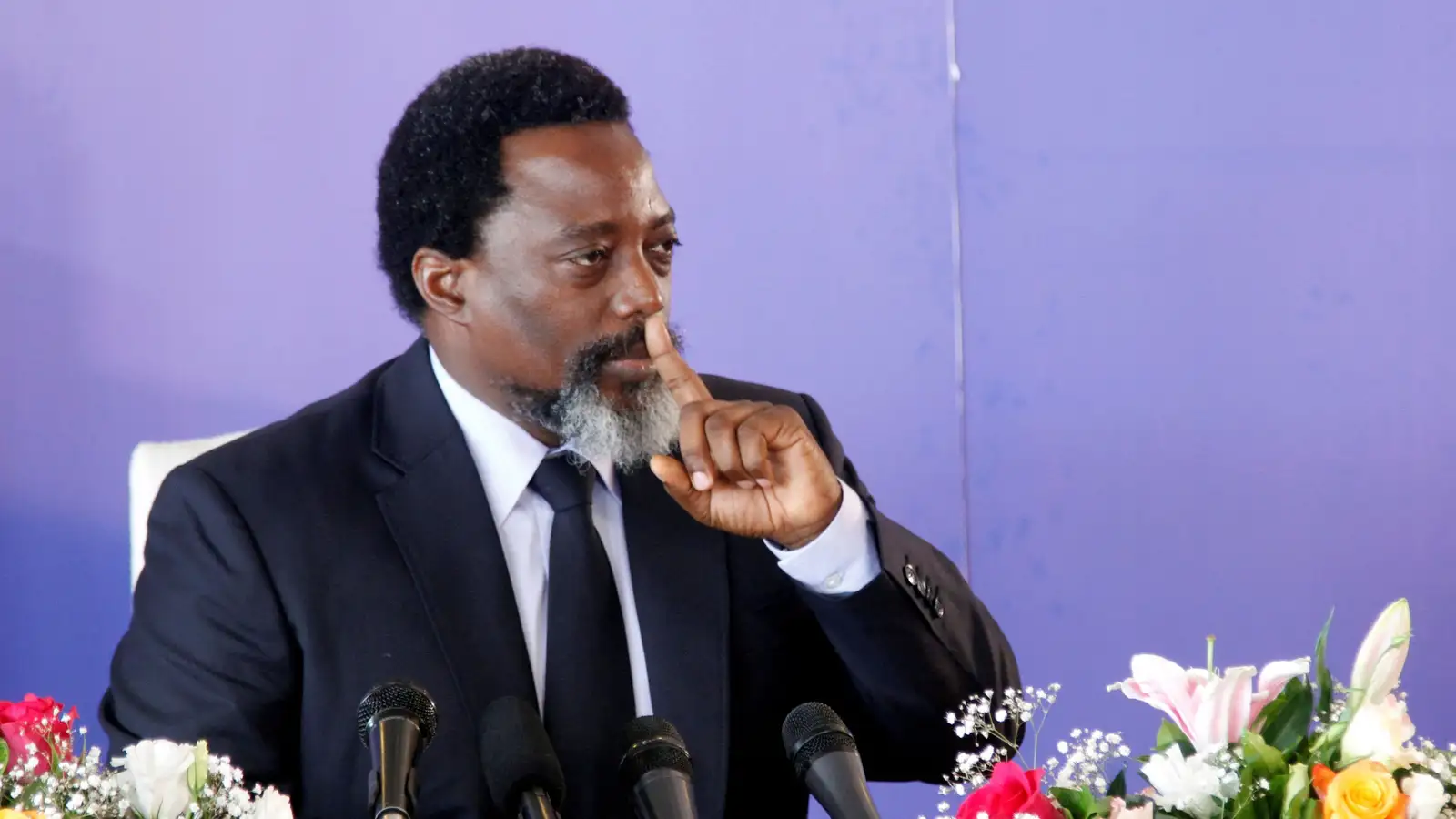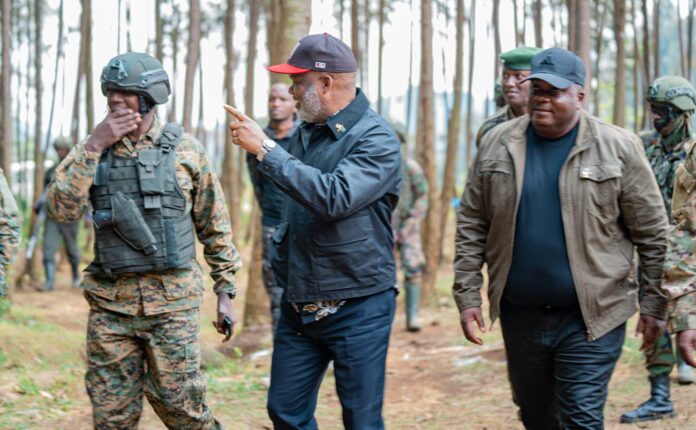The recent flight of a Belgian military aircraft in the Democratic Republic of the Congo (DRC) has raised questions following reports of a possible deployment of troops and increased military support for the Congolese army and its allies.
Note: Company, Blog, Church websites are free.
These reports indicate that Belgium also deployed tanks and drones in the DRC on March 17 as part of a mission to train and strengthen the Congolese army (FARDC), as well as the Wazalendo militia and the FDLR, who are engaged in an offensive against the AFC/M23 movement controlling vast territories in the east of the country.
Officially, the presence of Belgian troops in the DRC is justified as a training mission. However, some sources suggest that 300 to 400 Belgian commandos could be directly involved in combat alongside Congolese forces, who have struggled to reclaim lost regions despite support from European mercenaries.
The Belgian forces have established their base at Camp Lwama in Kindu, the capital of Maniema province. There, they train Congolese military instructors from the 31st Rapid Reaction Units Brigade (URR), a force that Belgium had already trained between 2008 and 2017.
The European Union recently allocated 20 million euros to “equip and restore” the brigade’s infrastructure. However, an article from the Congolese media outlet” Actualité” mentioning this funding was deleted on March 14, 2025, raising questions about the true destination of these funds.
Fueling further speculation, flight tracking data from Flightradar24 reveals that a Belgian Air Force Dassault Falcon 7X left Belgium on March 17, 2025, landed in Kinshasa, and then continued to Kindu the next day.
The aircraft returned to Kinshasa the same day before departing the DRC for Brussels on March 20, 2025. Notably, it made another trip to Africa shortly after, landing in Bujumbura, Burundi, on March 21, 2025, before returning to Belgium the following day. The exact purpose of these movements remains unknown, but they appear to confirm a troop deployment agreement between Belgium and the Congolese authorities.
Belgium’s growing military involvement in the DRC comes in the context of close relations between Kinshasa and Brussels.
Belgium has consistently supported the Congolese government within the European Union, notably by advocating for sanctions against Rwanda, which is accused of supporting the AFC/M23 movement. In response, Kigali, which has always denied these accusations, severed diplomatic ties with Brussels on March 17, 2025.
According to analysts, Belgium’s motivations go beyond simple diplomacy, with major economic interests tied to the exploitation of the DRC’s mineral resources.
Furthermore, several Belgian politicians of Congolese origin, particularly those from the “Les Engagés” party, led by Foreign Minister Maxime Prévot, have actively promoted Kinshasa’s position within European institutions.
Although Belgium presents itself as a neutral mediator, its recent actions raise concerns about its role in escalating the conflict. By strengthening the FARDC, which collaborates with the FDLR and Wazalendo militias both accused of serious human rights violations Brussels risks undermining peace efforts in the region.
The FDLR represents a major threat, with Rwanda accusing this group, composed of perpetrators of the genocide against the Tutsi, of posing a security risk and seeking to overthrow the government.
Many African leaders have supported dialogue as the only sustainable solution to the crisis, but Belgium’s increasing military involvement appears to contradict these calls.
Moreover, Belgium was one of the first Western countries to recognize Félix Tshisekedi’s contested victory in the 2023 DRC presidential election, despite widespread allegations of electoral fraud. However, it remains silent on governance failures in Kinshasa, human rights abuses against Rwandaphone communities, and alleged plans by Tshisekedi to amend the Constitution to extend his mandate.



